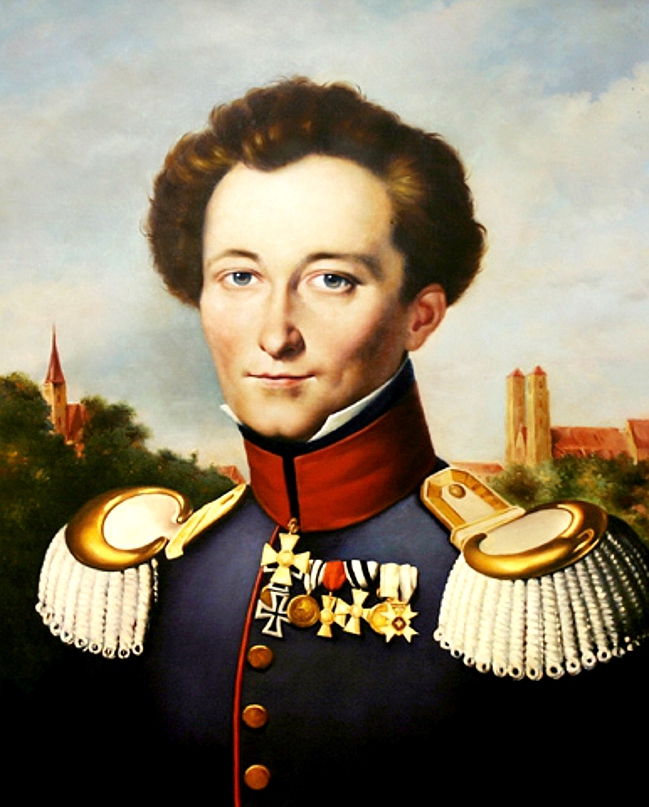
Military theory
Military theory is the study of the theories which define, inform, guide and explain war and warfare. Military Theory analyses both normative behavioral phenomena and explanatory causal aspects to better understand war and how it is fought.[1] It examines war and trends in warfare beyond simply describing events in military history.[2] While military theories may employ the scientific method, theory differs from Military Science. Theory aims to explain the causes for military victory and produce guidance on how war should be waged and won,[3] rather than developing universal, immutable laws which can bound the physical act of warfare or codifying empirical data, such as weapon effects, platform operating ranges, consumption rates and target information, to aid military planning.
Military Theory is multi-disciplinary drawing on social science and humanities academic fields through the disciplines of political science, strategic studies, military studies and history. It examines three key areas:
It is distinct from, and subordinate to, Military Philosophy, which studies questions such as the reasons to go to war, jus ad bellum, and just ways to fight wars, jus in bello. Two of the earliest military philosophers date from the 5th Century BC; Thucydides and Sun Tzu. Thucydides' History of the Peloponnesian War and Sun Tzu's Art of War [5] offer enduring thoughts on the causes of war and how warfare may be conducted. Likewise, while military theory can inform Military Doctrine or help explain Military History, it differs from them as it contemplates abstract concepts, themes, principles and ideas to formulate solutions to actual and potential problems concerning war and warfare.[6]
Prussian military theorist Carl von Clausewitz wrote,
Military Theory informs the political, strategic, operational and tactical levels of war.[8] It does so by contributing to knowledge on the subjects of war and warfare. This aids in understanding why and when force is used and what forms the use of force may take. It also aids in identifying and explaining practical outcomes to help determine how force may be applied.[9] Military theories, especially since the 19th Century AD, attempt to encapsulate the complex cultural, political and economic relationships between societies and the conflicts they create.
Categories of Military Theory
Military Theories can be divided into several categories.[10] First, theories may be codified by their relevant level of War:
Second, they may be categorised by environment or domain, such as:
Third, a theory may be developed for a particular form of warfare, such as:
Military Theorists[edit]
Theories and conceptions of warfare have varied throughout human history. There have been many military theorists throughout history, such as Sun Tzu, Thucydides, Onasander, Frontinus, Aelian, Vegetius, Maurice, Leo VI, Machiavelli, Lloyd, Berenhorst, Bülow, de Saxe, Clausewitz, Jomini, Calwell, Mahan, Corbett, Douhet, Fuller, Liddell-Hart, Wylie, Brodie, Luttwak, Schelling, Howard, Freedman, Boyd, Lind, Creveld, Gat, Hammes, Hoffman, Kilcullen and Gray in Western military circles; each have helped lay the foundations for our contemporary understanding of policy, strategy, operational art, tactics, command and control, intelligence and logistics.
Notes
Bibliography